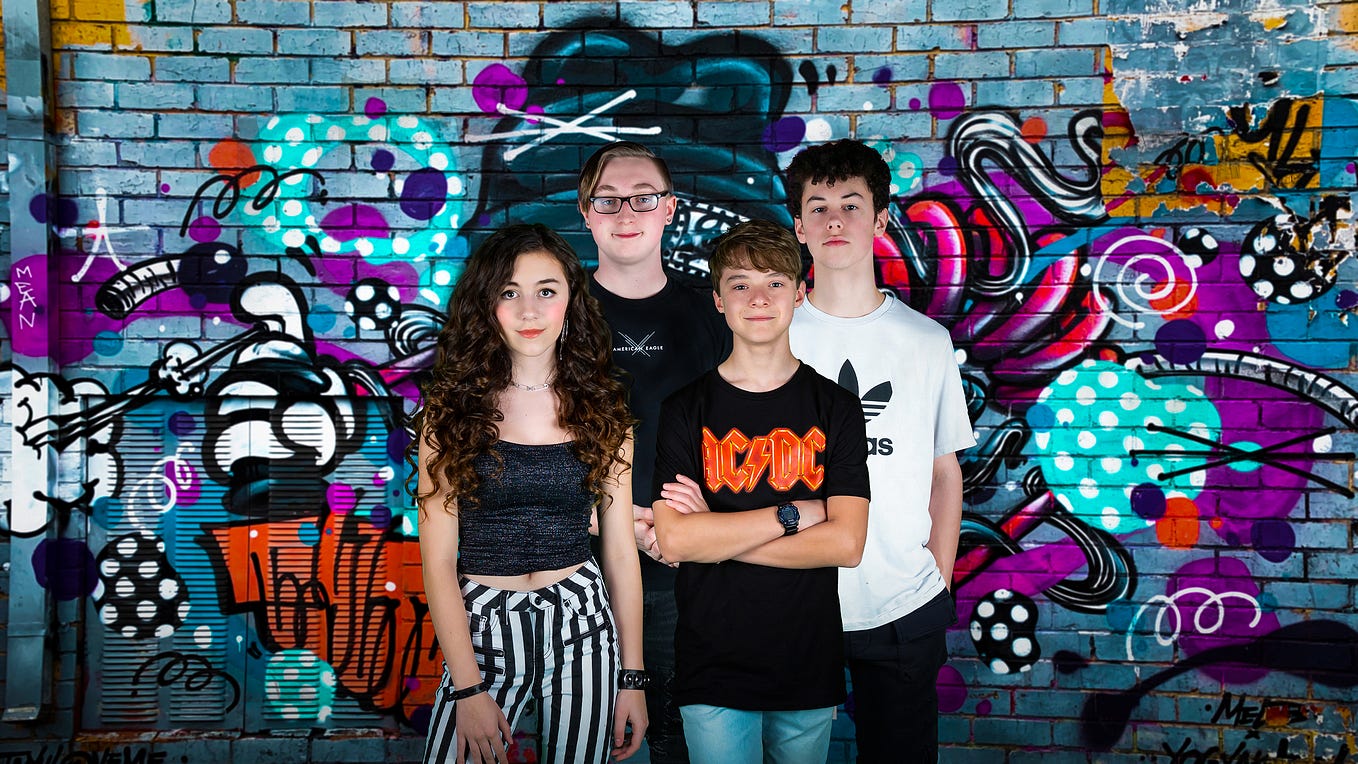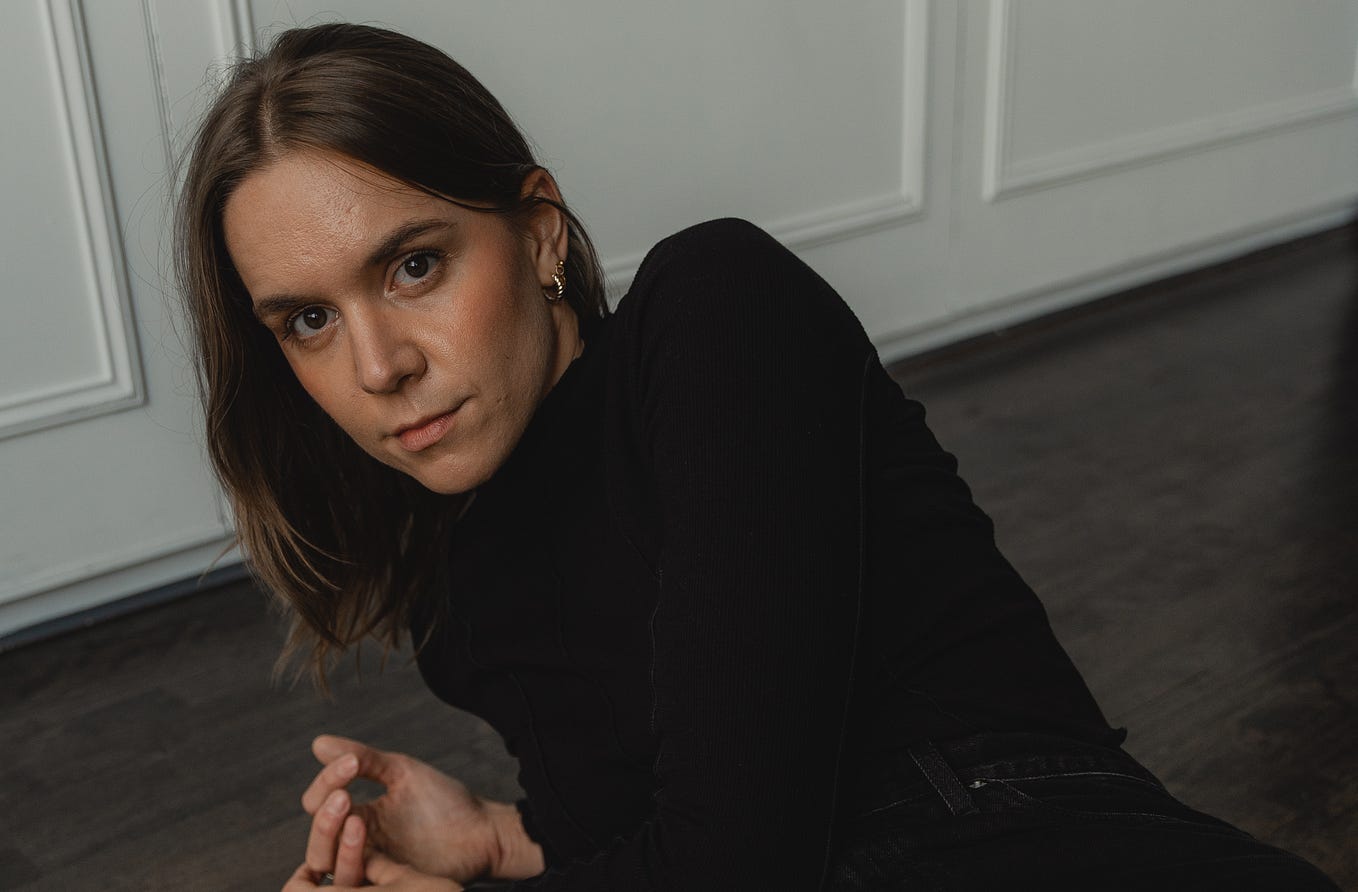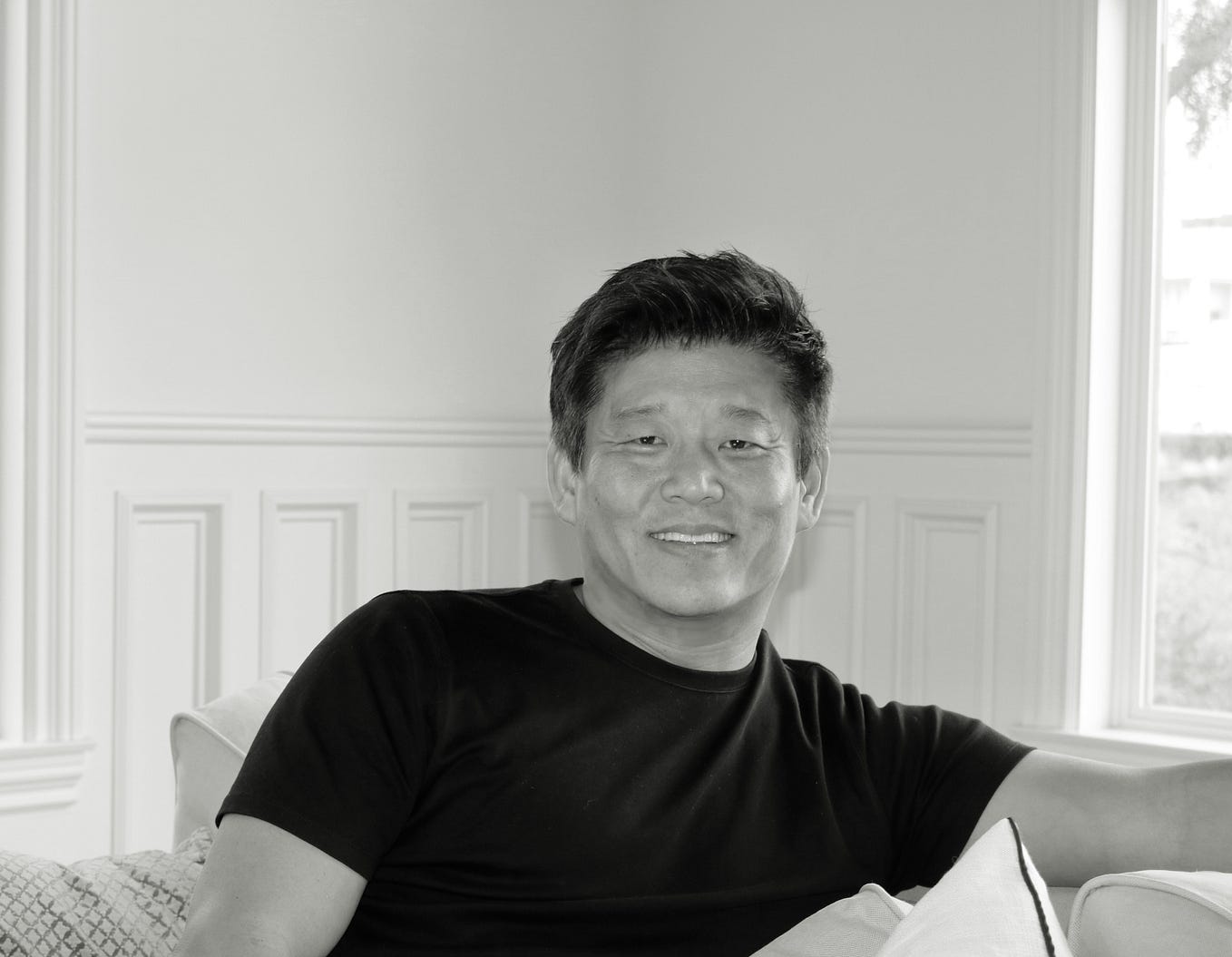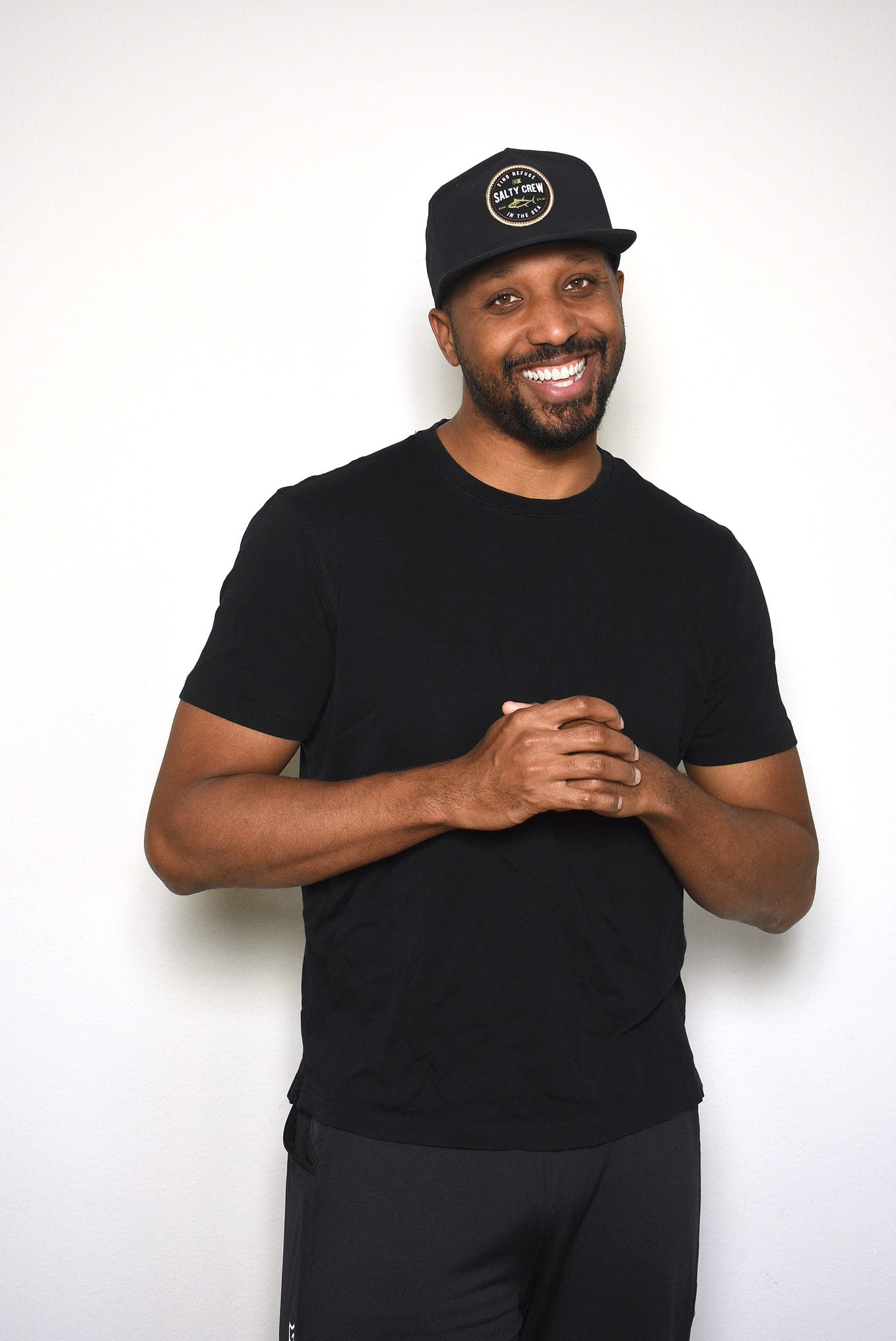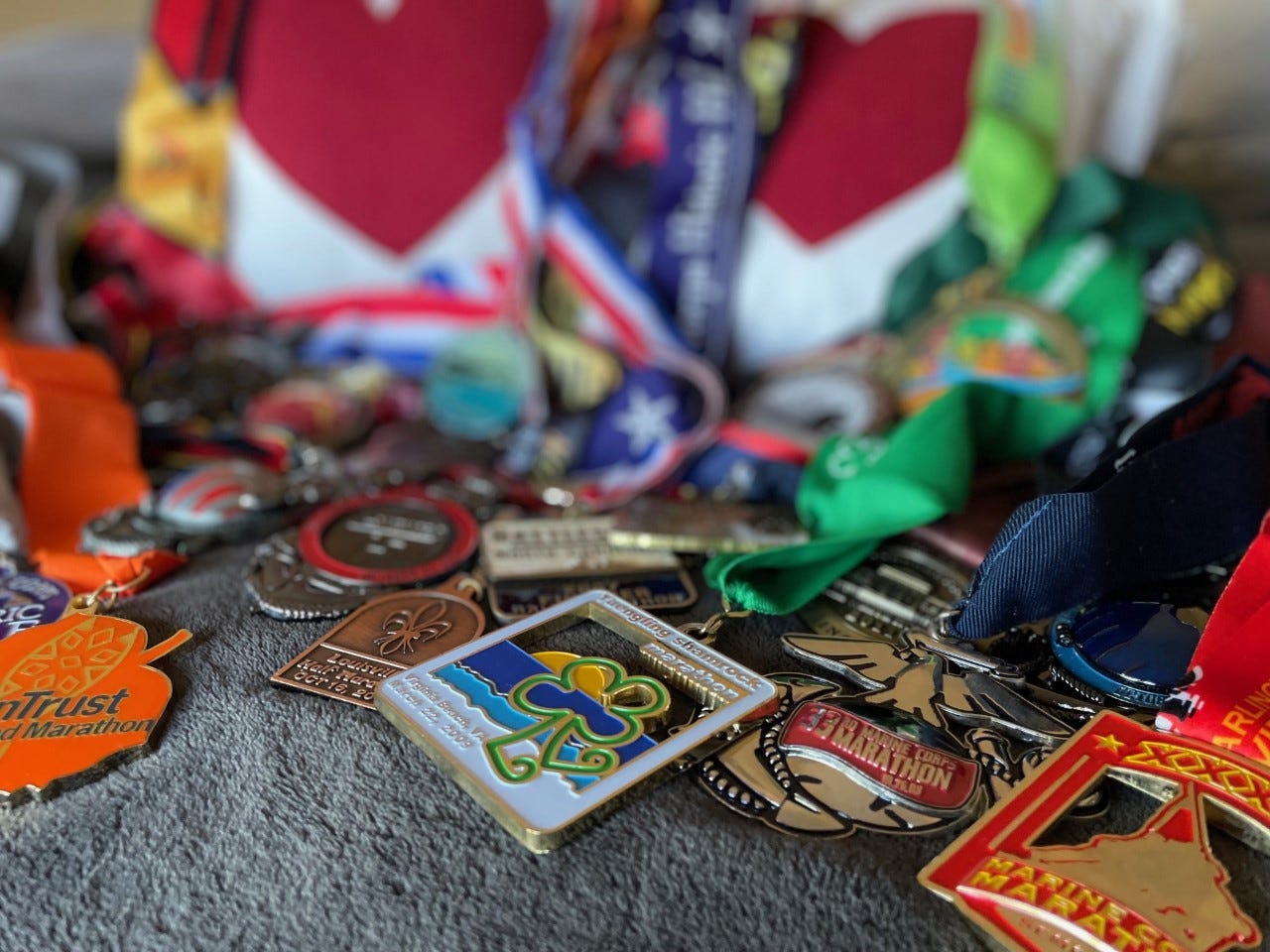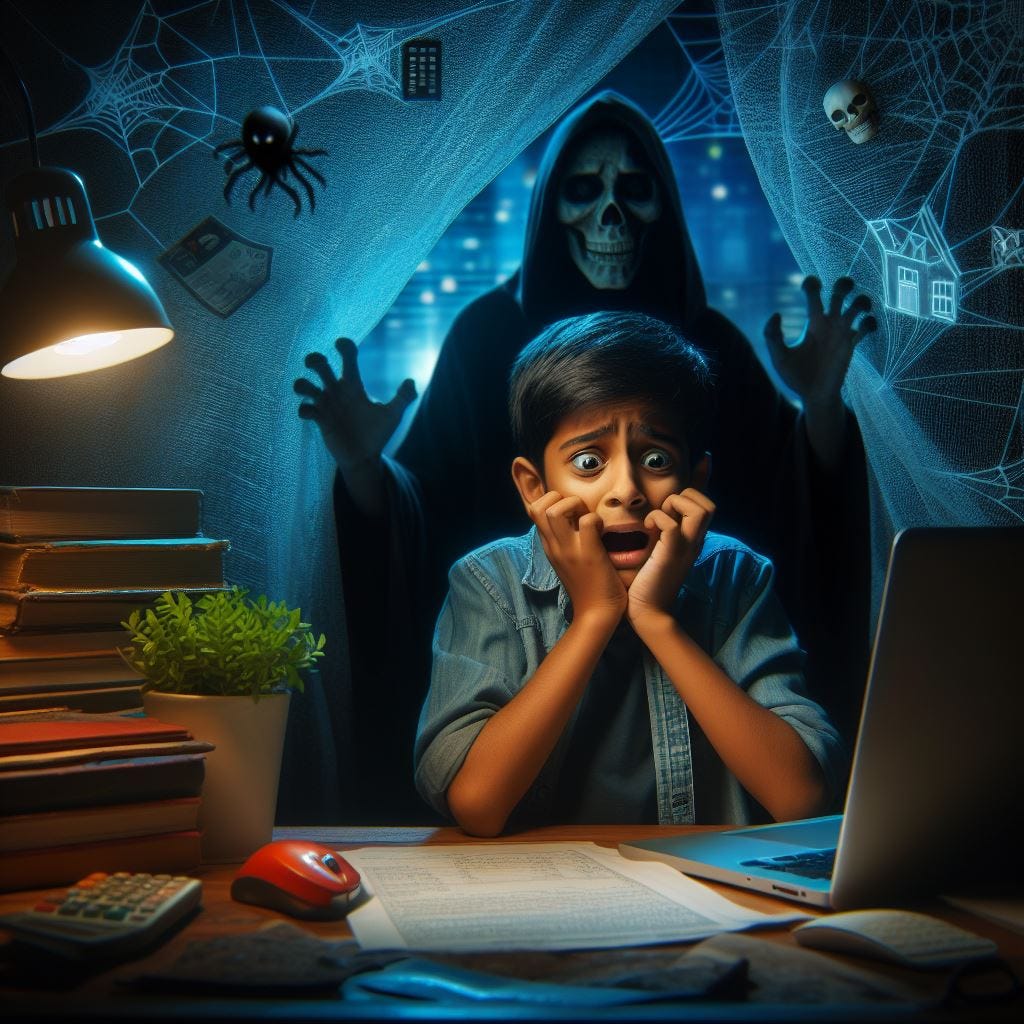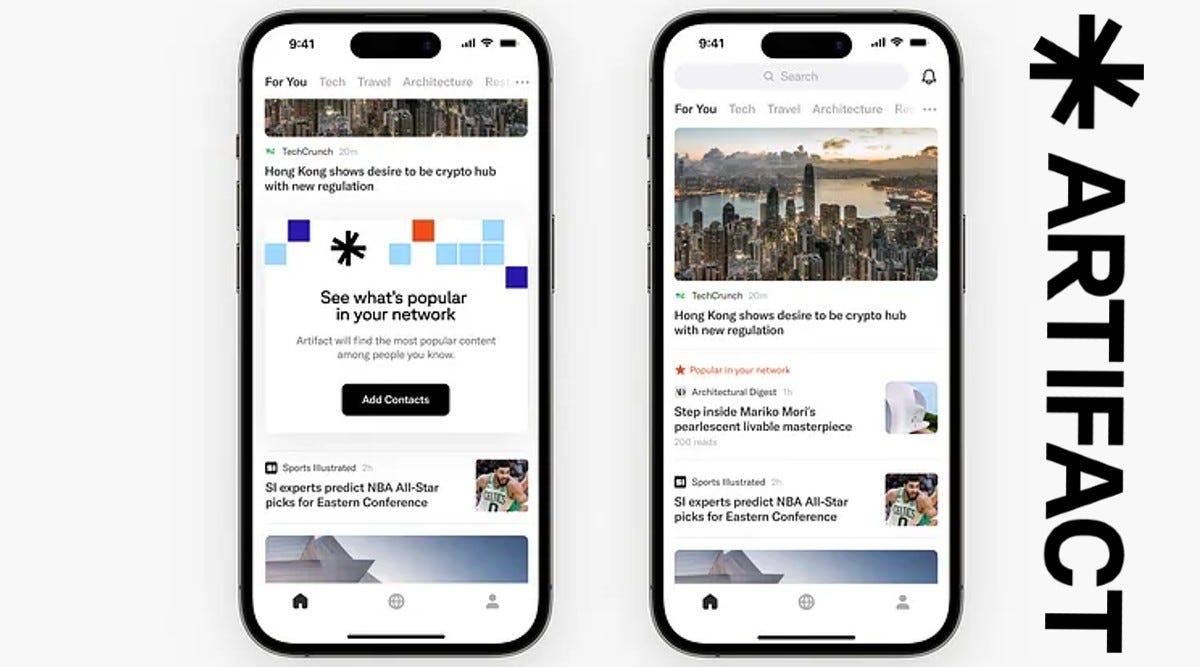Rising Star Actress Esther Moon On The Five Things You Need To Shine In The Entertainment Industry
Find a good “day job” that pays the bills and that you enjoy enough. You may need that day job for a long time, maybe even forever. If acting is your sole source of income you are almost with certainty facing a life of anxiety. And anxiety is the stealer of joy. And when the joy of acting is gone, everyone can tell. Find a way to pay the bills so you can indulge in your love for acting, regardless of the pay. Some of my greatest experiences have been on non/low paying indies.
As part of our series about pop culture’s rising stars, I had the distinct pleasure of interviewing Esther Moon.
Actor, producer, writer and philanthropist, Esther Moon, is shining as “Mrs. Oh” in Plan B Entertainment and Lee Isaac Chung’s Sundance Winner, Minari. Based on Chung’s childhood, the film follows a Korean American family that moves to rural Arkansas in search of their American Dream. Supporting Steven Yuen (The Walking Dead, Okja) and Han Ye-ri (As One, Worst Woman), Moon’s role is wonderfully memorable.
Moon is known for her work in Women in Film’s, Flip the Script, Joy Joy Nails, a captivating short by Sundance nominated director, Joey Ally, and Moonface, a fictional podcast by writer/director James Kim that Vulture calls, “Gorgeous.” Her work extends to writing and producing with award-winning short, Fractured, a fictional story based on the life of mass school shooter, Seung-Hui Cho, currently streaming on Amazon.
Born in South Korea, Moon immigrated to the United States with her parents at the age of two but ultimately lived in both countries until finally settling in the U.S. at the age of sixteen. These early experiences, in two vastly different countries, left Moon with a wonderful appreciation for both cultures and traditions.
Moon is relatively new to Hollywood. She spent the last two decades as a licensed mental health clinician; work she will always be passionate about. It was not until a breast cancer diagnosis, fight, and ultimate victory in 2015 that she finally decided to pursue HER American Dream.
Moon is a wife, mother, licensed foster parent; being an enthusiastic advocate for children in the Los Angeles County foster care system, and actively supports various organizations that raise funding for cancer research and awareness.
Thank you so much for doing this with us! Can you tell us the story of how you grew up?
Thanks for having me! I immigrated to the US from Korea with my parents when I was 2. My dad was a student pursuing advanced degrees and soon after accepted a professorship back in Korea — launching my life as a “parachute kid” where the parents live in their home country while their children are “parachuted” into a different country to either live alone or with caregivers. I lived all over the east coast (NY, VA, GA, NJ), CA, and Korea until I was about 16/17. At that time I settled in the Los Angeles area and I haven’t left since. I don’t have a hometown because of my frequent moves, so I consider LA home.
Having lived in so many different places (with so many different caregivers) has really shaped the adult I’ve become. I’m flexible when it comes to change, I’m comfortable with uncertainty and unpredictability, I know how to deal with difficult people, I’m extroverted and can make friends anywhere, and my upbringing has definitely instilled in me an adventurous spirit. All things that are helpful in my acting career! Ha.
Can you share a story with us about what brought you to this specific career path?
Breast cancer. Ok, I’m half-joking but half-serious.
I’ve always loved acting. Starting in elementary school, I was in every drama class and every school/church production available. Even in college, I took every theater class available to non-theater majors (I majored in communications and sociology). Around then is when I started to wonder if this was something I could pursue as a career — but that idea was promptly shut down by my Korean parents. And at the time, I didn’t have the gumption to say “screw you guys, I’m going to pursue acting and I will go work as a waitress to support myself”. Instead, I found a career that I enjoyed and found meaningful (social work and mental health), but I was that person who, if I heard of an open casting call somewhere, I took a sick day from work to go stand in line for five hours to audition. Nothing really came out of those open calls, btw, except f0r a commercial. LOL.
And then in late 2014, I was diagnosed with breast cancer. Fortunately, we caught it early while it was treatable. I had two surgeries, chemotherapy, the whole nine yards — it was pretty brutal. And as I was recovering in 2015 I was contemplating what I should return to when I was ready to go back to work. I had pretty nice options in both the mental health field and academia (I had worked for the Department of Mental Health and was an adjunct lecturer at the USC School of Social Work) — but the ONLY thing I wanted to do was finally pursue acting, once and for all! And who is going to say no? I was bald from chemo, recovering from the sickest I had ever been — everyone was like, SUUURE, go for it! (Mostly thinking I would “get it out of my system” finally). But here I am…five years later, loving it more than ever!
Can you share a story about the funniest mistake you made when you were first starting? Can you tell us what lesson you learned from that?
Just a few months into my acting career, I got an audition for a promo-type project for Orange is the New Black. For a prison gangster role. I had SUPER short hair still (growing back after chemo) that I spiked with gel, and I went to the audition looking like a hard 90s female gangster — thin eyebrows, maroon lip liner, and in an oversized orange Jägermeister shirt! (I have pics! Lol) When I walked into the waiting room, conversations literally stopped and everyone stared. I stared back. Because there were about 6–8 other Asian actresses there for the same role and EVERYONE LOOKED SO PRETTY. I was dumbfounded, wondering why no one else was dressed the part! They were probably staring wondering if a real gangster was auditioning for the role. When I walked into the audition room, eyebrows rose with amused expressions.
I didn’t get the role. Ha.
Lesson I learned? As Robert Downey Jr said in Tropic Thunder: “Everybody knows you never do a full retard. You went full retard, man. NEVER GO FULL RETARD”
(Apologies for that word — retard! I can’t stand that word. But just quoting the movie)
What are some of the most interesting or exciting projects you are working on now?
Currently, I’m in a movie called Minari. It won the Grand Jury award at Sundance last year and is receiving a lot of great reviews right now. I play a Korean immigrant in Arkansas working at a chicken hatchery. Being part of this movie is exciting, not just because I’m part of something that’s receiving a lot of attention, but just because of the TYPE of movie it is, a deeply American story through the eyes of immigrants who believe with all of their hearts in The American Dream and the pursuit of happiness. These dreams are what made our country! And every immigrant group has tackled it in such unique ways, and I’m so happy to see one of those stories shown on screen.
Also, I’m in a fiction podcast, Moonface, about a gay Korean American male who doesn’t speak Korean, trying to come out to his immigrant Korean mom who struggles with English (I play the mom). Vulture said it “feels like watching an excellent indie film”. I’m LOVING being part of projects that deal with different aspects of the immigrant experience.
As I briefly mentioned above, I’m currently working on a story based in Koreatown in the 90s. I’m writing it as a limited miniseries. It starts with the murder of a Koreatown nightclub owner and takes you on a dizzying journey into the (intersecting) lives of church and community leaders, Korean spa owners, the “room salon” hostess girls, the illegal and unlicensed group of Koreatown taxi drivers, a Bank Secrecy Act (BSA) officer trying to root out corruption in the community, and others..…which all leads to the murder of the nightclub owner. The crazy part is that each sub-story is based on real events! They are unrelated events that I am trying to tie together in this fictional story.
We are very interested in diversity in the entertainment industry. Can you share three reasons with our readers about why you think it’s important to have diversity represented in film and television? How can that potentially affect our culture?
I know ethnicity is not the only category of diversity, but I think immigrant experiences are a goldmine of stories that are only now beginning to be (slowly) discovered. People often complain that the same stories are regurgitated and remade, with sequels and prequels, and whatnot. So, the first reason why we should have diversity represented in film and television is ENTERTAINMENT VALUE. There are so many crazy, quirky, interesting, insane stories within our different communities. Whenever I share random stories about shit (can I use that word?) that goes on in the Korean community, people are simultaneously horrified and mesmerized. I’m currently working on a story that takes place in LA’s Koreatown after being told numerous times that this material needs to be a tv show.
Second, social identity of minority/marginalized groups. Numerous studies have shown the relationship between low self-esteem and negative media portrayals or misrepresentations of a particular group (whether its race, disabilities, sexual identity/orientations, etc). Children internalize stereotypes and this influences how they judge and treat others — as well as themselves. I’ll admit, I sometimes catch myself struggling with the idea of an Asian American lead — because for so long we were in (and still continue to be) supporting characters with side stories that are not “enough” to be the main thing. This impacted how the generation before us lived, and it will impact how the future generation live.
Third, social cohesion and acceptance. Our country is so divided. And I think a lot of that comes from fear and not knowing. Fear of “others” and things that look “foreign”. Media is so powerful! Diversity in film and television can help raise awareness and dismantle stereotypes. It can humanize us, give viewers an accurate look into our cultures, our lives, and ultimately give the audience a chance to UNDERSTAND us.
Which tips would you recommend to your colleagues in your industry to help them to thrive and not “burn out”?
This is a maddening industry! The number of rejections and the level of unpredictability is unmatched by any other industry. I have actor friends who talk about quitting every single year!
A few tips?
- Invest in your life OUTSIDE of acting. A full and well-rounded life not only keeps you grounded, productive, and (hopefully) happy, it also makes you that much more interesting as an actor. Pursue additional interests and hobbies so you are not obsessing over every audition and every job you did not book.
- Find a good therapist. Seriously, make your mental health a priority!
- Find a good “day job” that pays the bills and that you enjoy enough. You may need that day job for a long time, maybe even forever. If acting is your sole source of income you are almost with certainty facing a life of anxiety. And anxiety is the stealer of joy. And when the joy of acting is gone, everyone can tell. Find a way to pay the bills so you can indulge in your love for acting, regardless of the pay. Some of my greatest experiences have been on non/low paying indies.
- Find your tribe. Ideally, one artist tribe and one non-artist community — for balance. Forging deep friendships as an adult is hard and requires some effort on your part. But it is one hundred percent worth it.
You are a person of enormous influence. If you could inspire a movement that would bring the most amount of good to the most amount of people, what would that be? You never know what your idea can trigger. :-)
I would start a “Find your Joy” movement. I think JOY is so underrated! People, especially in LA, are so smart, so ambitious, and so creative — but there is also so much anxiety and so much fear! There is a lot of drive, but no JOY supporting that drive. Regardless of what life may throw at you, if you come from- and operate from- a place of joy, I truly believe we would see transformed people and communities.
None of us are able to achieve success without some help along the way. Is there a particular person who you are grateful towards who helped get you to where you are? Can you share a story about that?
It’s such a cliché, but it really does take a village. Although that saying originated in the context of raising children, I think it is applicable in all areas of life. Whether its raising children, nurturing a marriage, surviving a divorce, getting through school, figuring out your career, struggling with an illness, etc etc., I am a firm believer in the power of community. My experience during breast cancer treatment was as good as it could possibly be because of my small army of friends who rallied and supported me in every practical way possible — whether it was meal deliveries, sending house cleaners, scheduling salon visits for hair washes after my double mastectomy, offering babysitting for my young child, or just sitting with me quietly during chemo infusion sessions. I would not be where I am without the love and confidence my village gives me.
Can you please give us your favorite “Life Lesson Quote”? Can you share how that was relevant to you in your life?
Hmmm, can I give you my life motto/hashtag instead? Haha… #NOSHAME. I use this both playfully when posting ridiculous over-the-top photos on Instagram, but also in all seriousness when it comes to how I approach life. Brene Brown says that “shame is the most powerful, master emotion. It’s the fear that we’re not good enough”. That quote always guts me. Because how many people do you and I know that are operating from that fear that they are not good enough? Just not enough, period? And how powerful that belief in influencing our thoughts, our perceptions, and the decisions we make in life? I joke that as a Korean American woman, it's in my DNA to operate from a place of shame. It's only a half-joke and something I continue to work on. If we can reduce shame and increase joy, we would be releasing such powerful versions of ourselves!
Is there a person in the world, or in the US whom you would love to have a private breakfast or lunch with, and why? He or she might just see this, especially if we tag them. :-)
I would love to have a beer with Barack and Michelle Obama. They both seem like such incredible human beings — and also so real and funny! They say you should never meet your heroes in real life (for fear of disappointment), but I have a feeling they will NOT disappoint. ☺
How can our readers follow you online?
Instagram is my playground: @esthermoonstagram
This was so informative, thank you so much! We wish you continued success!
About The Interviewer: Growing up in Canada, Edward Sylvan was an unlikely candidate to make a mark on the high-powered film industry based in Hollywood. But as CEO of Sycamore Entertainment Group Inc, (SEGI) Sylvan is among a select group of less than ten Black executives who have founded, own and control a publicly traded company. Now, deeply involved in the movie business, he is providing opportunities for people of color.
In 2020, he was appointed president of the Monaco International Film Festival, and was encouraged to take the festival in a new digital direction.
Raised in Toronto, he attended York University where he studied Economics and Political Science, then went to work in finance on Bay Street, (the city’s equivalent of Wall Street). After years of handling equities trading, film tax credits, options trading and mergers and acquisitions for the film, mining and technology industries, in 2008 he decided to reorient his career fully towards the entertainment business.
With the aim of helping Los Angeles filmmakers of color who were struggling to understand how to raise capital, Sylvan wanted to provide them with ways to finance their creative endeavors.

